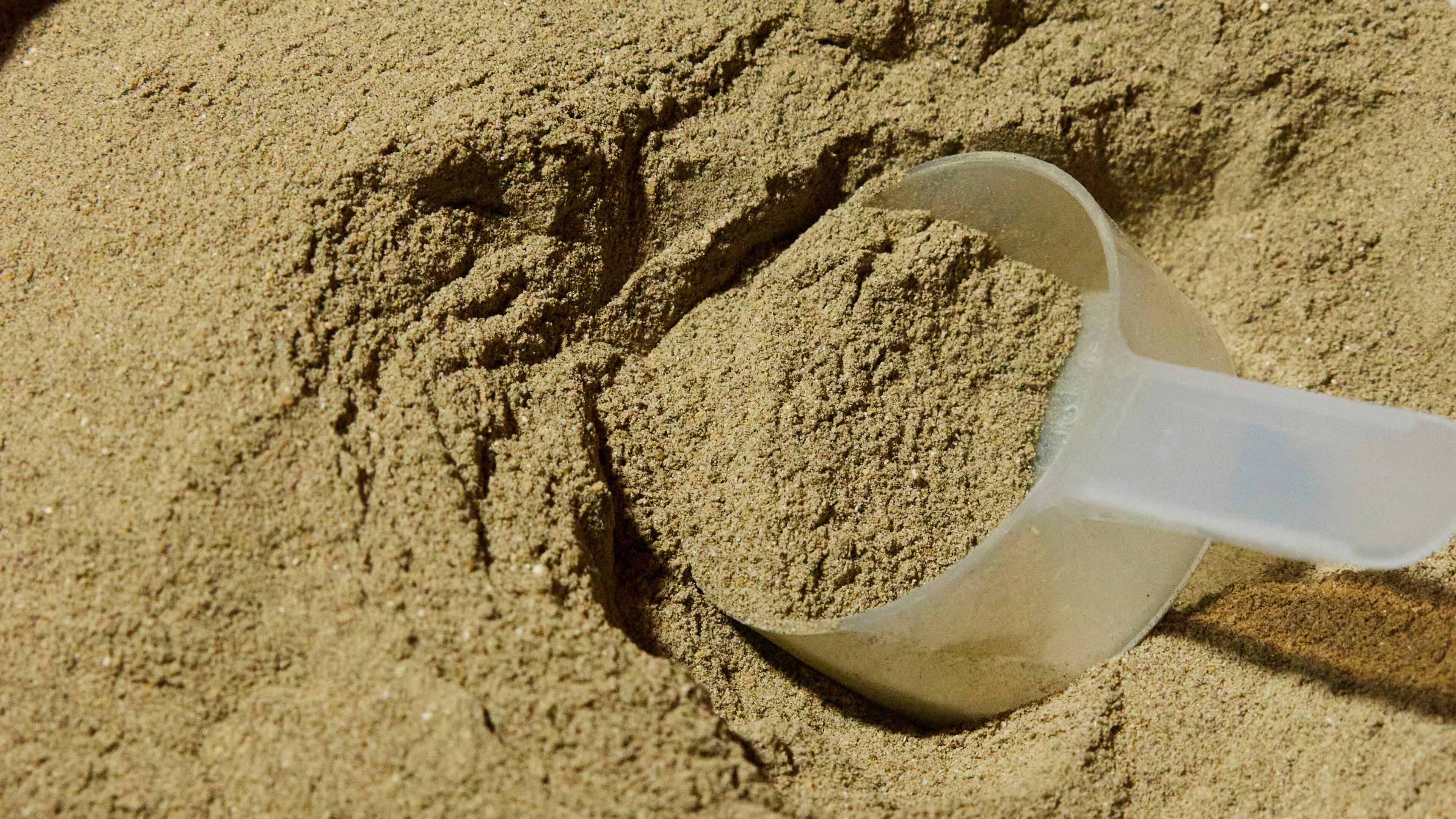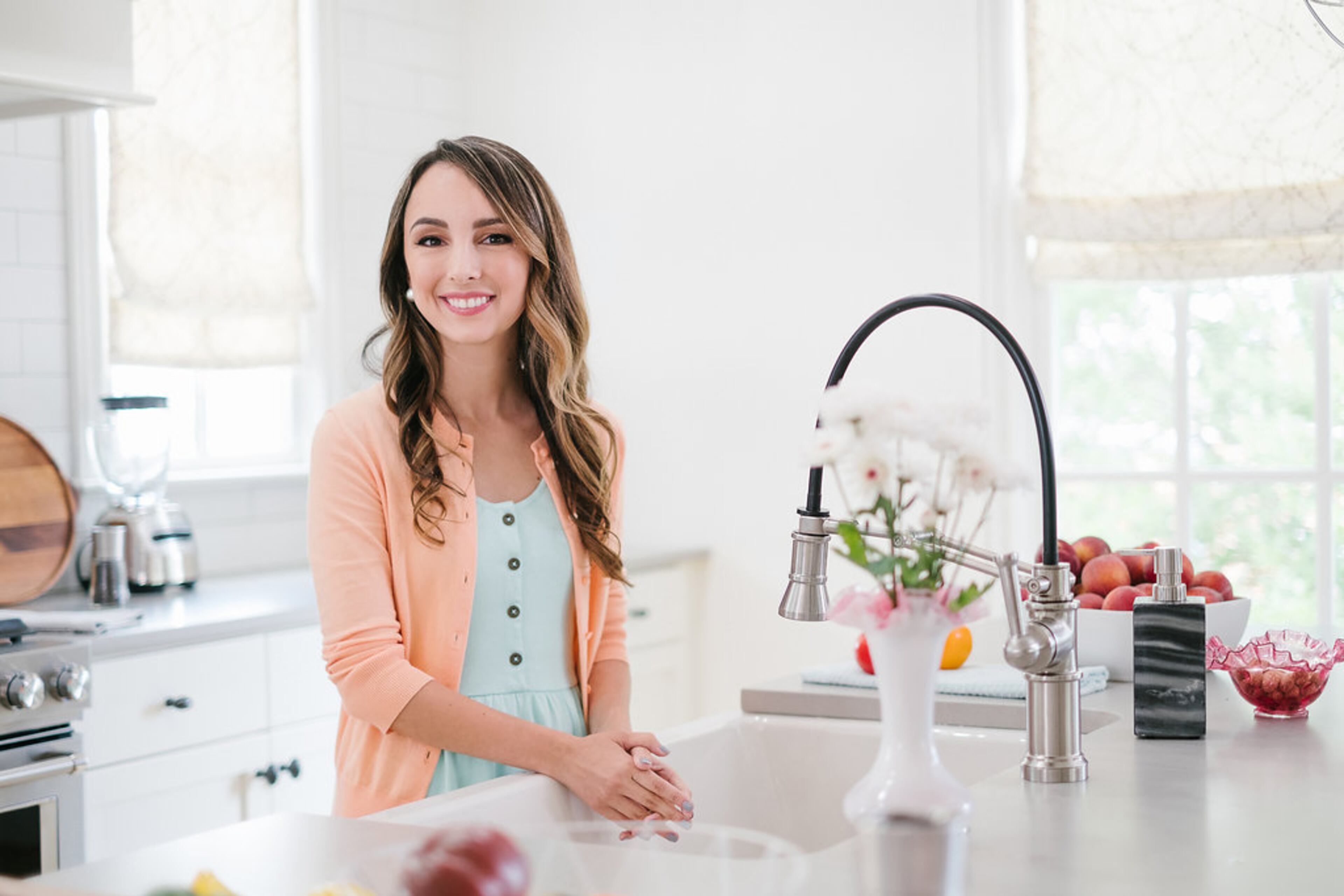Greens powders are booming, but don’t ditch your veggies yet

If you’ve spent any time scrolling social media or shopping grocery aisles, you’ve likely spotted greens powders or gummies promising to boost everything from brain health to your immune system.
But can these trendy supplements really replace the benefits of eating real vegetables?
To find out, we talked to Luisa Hammett, the Atlanta-based dietitian behind Peaches to Pearls, a lifestyle blog filled with dreamy farm scenes and homemade meals. Beyond the charming aesthetics, Hammett is also a pediatric registered dietitian with a master’s in clinical nutrition.
“I think that calling them supplements is the important part because they should never replace a healthy diet,” Hammett explained. “We want to still eat our fruits and veggies, and I think that’s something that powdered greens sometimes can be a misconception — like, ‘Oh, this will, you know, I’m not eating vegetables so I’ll just do the greens,’ whereas it should never take the place of them.”

According to the U.S. Dietary Guidelines of Americans, adults should aim to consume around 2½ cups of vegetables each day as part of a healthy diet. This includes fresh, frozen, canned and dried options. But a recent report shows almost 90% of the U.S. population do not meet the recommendation for vegetable intake.
Powdered greens typically combine leafy greens, fruits, algae and herbs, providing a concentrated dose of micronutrients and antioxidants, Healthline reported. They’re convenient, easy to add to smoothies and appealing for busy lifestyles.
But, according to Hammett, there’s one big drawback.
“At the end of the day, you’re going to get the best nutrients — most importantly, fiber — from eating your veggies, and also it’s so much cheaper,” she explained.
Regarding the safety and selection of greens powders, Hammett emphasized the importance of third-party testing when choosing supplements.
“Supplements are not regulated by the FDA. Literally, I could put whatever I want into a jar and say, ‘This green supplement is going to help your skin look better, lose weight, no bloating,’ and I don’t have to back it up. So that’s the dangerous world of supplementation.” Although she doesn’t personally reach for a greens supplement in her day-to-day, Hammett understands their appeal.
“Some people do want that extra supplementation, or they’re on the go too much or they’re busy moms. I completely understand that, but I think the important part is just it shouldn’t replace it. We should still aim to try to eat whole veggies and whole fruit.”
In the end, no powder can fully replace a plate of real veggies — but for some, it might just be the push to eat a little greener.
Curious about trying a greens powder? Here are three popular options reviewed by experts:
- Live it Up Super Greens: Registered dietitian Estelle Benoit described this option as “by far the best-tasting product I tried,” adding, “I felt really great after drinking it daily for 30 days: more energized, focused and ready for my day.”
- Lemme Greens Gummies: According to Dr. Kathleen Valenton, board-certified doctor and owner of Rodeo Women’s Health and Wellness, these gummies offer “a convenient way to increase daily intake of essential nutrients that help the body function properly and feel its best.”
- AG1 Next Gen Pouch: In Women’s Health, St. Louis-based dietitian Sydney Lappe praised its design “to fill nutritional gaps and enhance whole-body health.”



